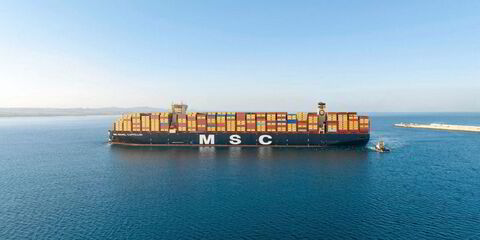The UK’s sanctions regulator is suffering from a persistent skills shortage because experts are lured to the private sector by better pay, according to a report.
The Office of Financial Sanctions Implementation (Ofsi) began operations in 2017 and was forced to rapidly increase its expertise and staffing levels after Russia invaded Ukraine five years later.
New staff were hired from other government departments. Many lacked necessary sanctions knowledge, according to a summary of discussions of a 50-strong taskforce of former government officials, industry sanctions specialists and other experts.
“Government officials who have developed their expertise in sanctions have frequently transitioned to the private sector, attracted by better opportunities and remuneration,” said the taskforce, set up by the Royal United Services Institute defence thinktank.
Secondments to the private sector aimed at bolstering expertise within government departments often result in permanent moves, “contributing to a persistent shortage of skilled personnel”.
Ofsi is one of a group of regulators responsible for overseeing sanctions and the oil price cap, the mechanism intended to keep Russian oil flowing to non-G7 countries while limiting revenues to the Kremlin.
Taskforce members said the sanctions regime imposes a significant burden on businesses without necessarily achieving its intended goal.
They said the UK faces a challenge of balancing competing political aims, “on the one hand restricting finance and resources to Russia, while on the other trying to maintain global energy supplies”.
“This created a tension between political messaging of standing against Russia and the practical implementation of sanctions and licensing,” they added.
Read more
- UK to hit Russia sanctions busters with fines as oil cap probe ramps up
- UK inquiry to probe results of shipping sanctions
- Shipping in the frame as G7 turns screw on Russian tanker trades with price cap crackdown
- UK’s sanctions enforcer to lay out price-cap policy in online sessions
- UK echoes US in Russian oil price cap compliance guidance





